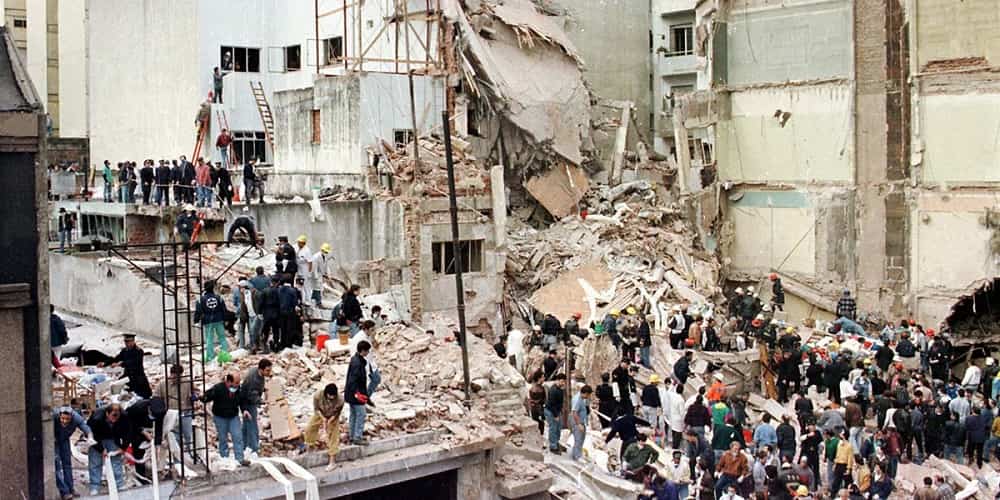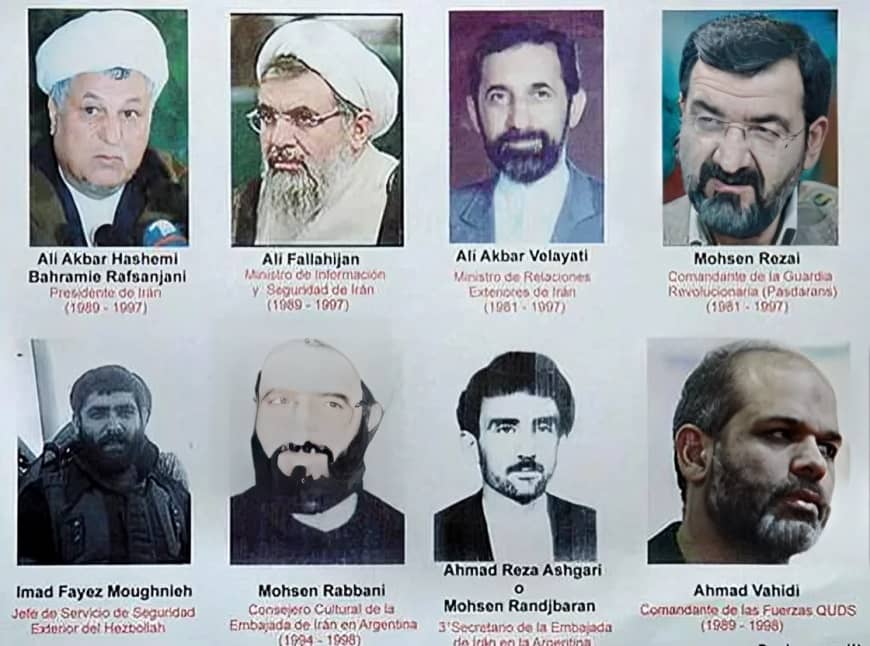
In a significant escalation of legal pursuits, the Argentine Ministry of Foreign Affairs has requested Interpol to arrest Ahmad Vahidi, Iran’s Minister of Interior, for his alleged involvement in the 1994 AMIA Jewish Community Center bombing in Buenos Aires.
This attack, which remains the deadliest terrorist incident in Argentina, resulted in the deaths of 85 people and injured over 300. The Ministry’s recent actions target Vahidi, who was part of an Iranian delegation visiting Pakistan and Sri Lanka. Following Argentina’s request, Interpol has issued a red notice, which is an international alert used to track and provisionally arrest an individual pending extradition. The urgency of the request reflects not only on the gravity of the charges but also on the broader implications of holding state actors accountable on the international stage.
Historical investigations spearheaded by the late Argentine prosecutor Alberto Nisman, who died under mysterious circumstances, pointed to the involvement of Iran and its surrogate, Hezbollah, in orchestrating the attack. The allegations include coordination and operational support by Hezbollah, which has been designated as a terrorist organization by both the United States and Argentina. Despite the strong accusations, the Iranian regime has consistently rejected these claims, leading to a prolonged impasse in judicial cooperation.
#Iran News in Brief Miguel Ángel Toma, the former Minister of National Intelligence of #Argentina, highlighted that Alberto #Nisman, the prosecutor of the AMIA bombing case, was murdered by the regime in Iran. https://t.co/jdHd6nHeZO pic.twitter.com/EEaDOjOmnx
— NCRI-FAC (@iran_policy) April 22, 2023
In addition to Vahidi, the Argentine judiciary has also pursued other suspects with ties to the incident. A federal judge in Buenos Aires, Daniel Rafecas, has issued requests for the detention of four Lebanese citizens suspected of association with Hezbollah’s armed wing. These individuals are believed to have connections to the tri-border region of Argentina, Brazil, and Paraguay, a known hub for terrorism financing.
The legal efforts to address the AMIA bombing have been marked by numerous setbacks and challenges, including the expiry of arrest warrants every five years. However, recent moves by Argentine authorities signal a renewed commitment to pursue justice. In 2022, the judge presiding over Federal Court 6 extended the duration of the arrest warrants until 2027, indicating a sustained effort to bring the suspects to trial.

As Argentina continues to seek cooperation from international partners, the outcome of these efforts will be pivotal in shaping the global response to terrorism and the pursuit of justice for the victims of the AMIA bombing.
These developments come amid broader concerns about the reach and influence of Iranian-backed operations in Latin America. The AMIA bombing is not only a stark reminder of the potential for international terrorism to penetrate regional borders but also of the ongoing struggles against state-sponsored terrorism globally.

MEK Iran (follow us on Twitter and Facebook), Maryam Rajavi’s on her site, Twitter & Facebook, NCRI (Twitter & Facebook), and People’s Mojahedin Organization of Iran – MEK IRAN – YouTu
